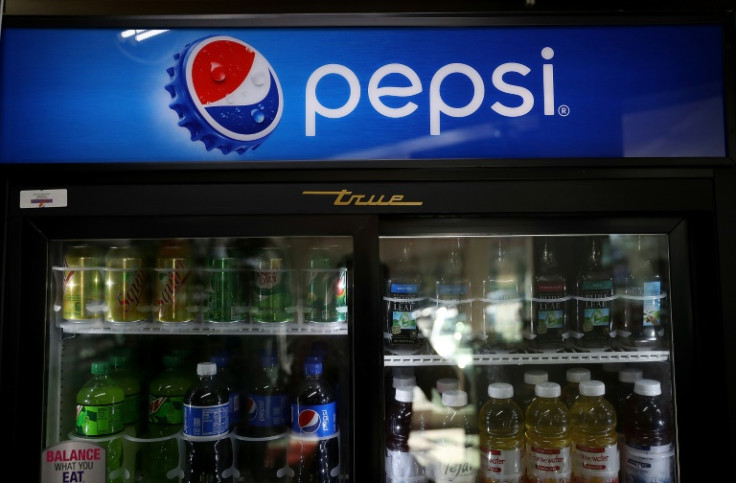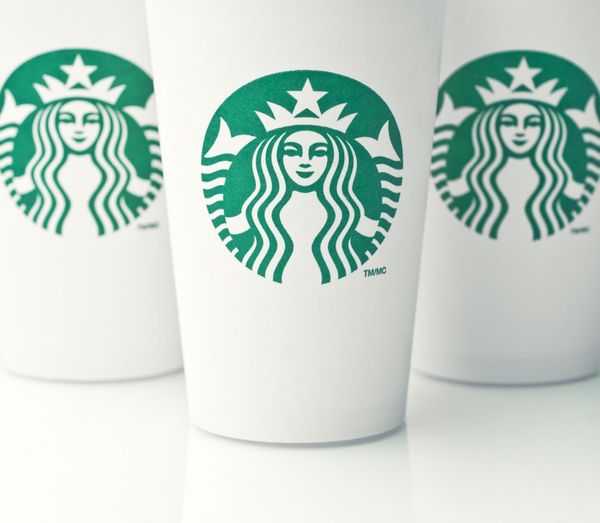
PepsiCo slashed its projected organic revenue for the year after experiencing a second consecutive weaker-than-expected quarterly sales.
PepsiCo's CEO Ramon Laguarta said that the Quaker Foods North America recalls, a weaker demand in the U.S., resulted in lower sales. He added that business disruptions in some international markets contributed to the poor performance, CNBC reported.
Previously, the company had anticipated a 4% growth, but it now expects a low-single-digit increase in organic revenue for 2024. However, PepsiCo has maintained its forecast for core constant currency earnings per share, projecting at least an 8% increase.
In premarket trading, PepsiCo's shares fell by less than 1%.
PepsiCo reported that its adjusted earnings per share were $2.31, slightly surpassing Wall Street's expectation of $2.29. However, the company's revenue of $23.32 billion fell short of the anticipated $23.76 billion.
Pepsi reported a third-quarter net income of $2.93 billion, or $2.13 per share, a decrease from $3.09 billion, or $2.24 per share, in the same period last year. When excluding certain items, the company earned $2.31 per share. Additionally, net sales declined by 0.6%, totaling $2.32 billion.
The decline in demand for Pepsi's snacks and beverages was evident this quarter, with both food and beverage divisions experiencing a 2% drop in volume. Last quarter, executives said that shoppers across all income levels were changing their purchasing behaviors.
A weak demand in North America hurt Pepsi's overall volume. Moreover, consumers in the United States have become more cautious, leading to reduced snacking and fewer purchases at convenience stores. Lagging sales in Mexico were also attributed, in part, to the country's election in June, as per Laguarta.
Quaker Foods North America experienced the most significant drop in volume, with a 13% decrease. Meanwhile, Frito-Lay North America reported a 1.5% decline in volume, despite the company's efforts to provide greater value to customers and enhance its snack offerings.
"Pepsi's variety of top-class brands has done well to soften the blow of the Quaker Oats fallout somewhat. But if demand doesn't pick up soon, profits will start to come under pressure," Aarin Chiekrie, a Hargreaves Lansdown analyst said, according to AOL.
In addition to North America, the Latin America and Africa, Middle East, and South Asia markets, including China, also reported diminishing volumes for both food and beverages.
"It is looking like Pepsi is in need of its own energy shot to boost revenues," Brian Mulberry of Zacks Investment Management stated.










